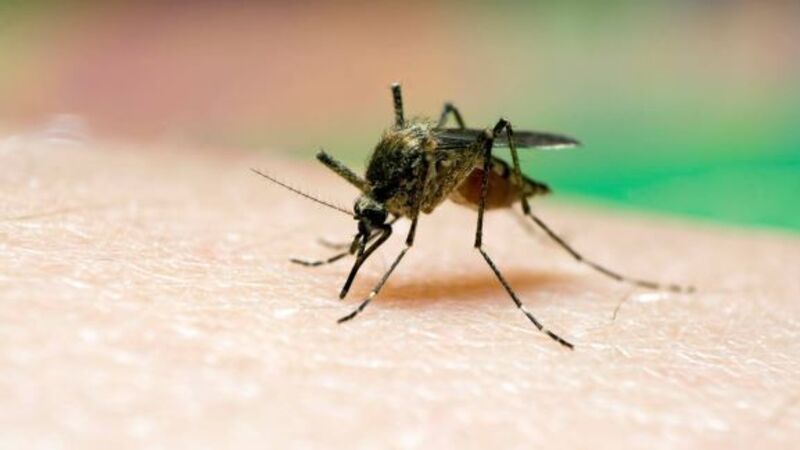'Literally millions will die' without new malaria nets market approval warns UCC academic

The Covid-19 pandemic must not all the focus to be taken away from the scourge of malaria or "literally millions" will die, a leading UCC-based disease expert has said.
Professor Gerry Killeen, the newly appointed Axa research chair of applied pathogen ecology at the School of Biological, Earth, and Environmental Sciences in UCC, said the World Health Organisation (WHO) needed to advance new malaria defences to market as a matter of urgency.













